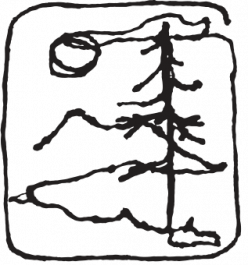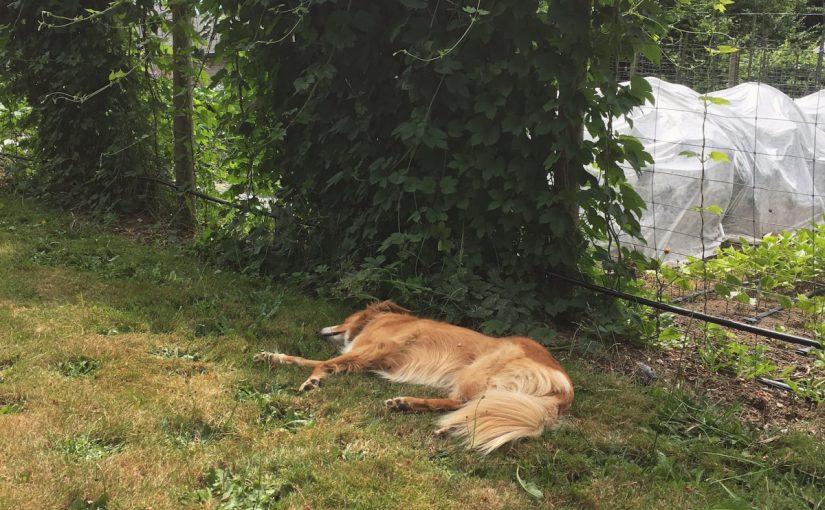Student Info
Name: Kela Hall-Wieckert
Term: Summer 2018
Credits: 8 Credits
Title: Urban Futures Farm Internship: Farm Practicum and Compost System Research
Contact Info
Contract mode: Internship
Sponsor name: David Muehleisen
Internship Info (if applicable):
Internship hours/wk: 20 hours/wk
Internship credits:
Academic credits:
Field Supervisor
Field supervisor: TJ Johnson
Title: Farm Manager
Organization: Urban Future Farms
Subcontractor
Name: Sarah Williams
Title: TESC Professor
Organization: TESC
Program Description
This Farm Practicum and Compost Systems internship is designed to further the student’s knowledge of sustainable agricultural practices and pragmatic composting systems for small scale farms. The student will spend a minimum of ten hours a week onsite at Urban Futures Farm helping with daily farm responsibilities and the 29 person CSA. For an additional ten hours a week, the student will be researching small scale composting systems and the following two research questions: Will the application of compost as a compost tea effectively diminish the risk of weed seed germination? What composting methods can be used to adequately decompose brassicas exposed to clubroot? The internship will culminate in a blog with weekly reports as well as a summarized research report on related compost research applied to the Urban Futures Farm compost case study.
Learning Objectives
| Objective | Activity |
| To further learn sustainable farming practices specific to the Pacific Northwest. |
|
| Construction of a small scale composting system and continuation of related research on the compost methods and research questions |
|
Evaluation
The student will complete all assignments as described on the syllabus, including weekly documentation on the ePortfolio under the Project pages of the SOS: Food and Ag program website. Required components of the ePortfolio, as templated, include: approved ILC description; weekly post; log of activities and hours; map; image gallery, and bibliography. NOTE: Do not change the theme of the ePortfolio as many special features as well as off-campus student access can be compromised with non-app friendly themes. No exceptions please.
Because the student’s in-program ILC project requires–or would benefit from–a field supervisor (required for internships), subcontractor (required for upper division science credit), or mentor, the student should provide the faculty with a field supervisor, subcontractor, or mentor’s descriptive assessment of in-program ILC work completed with their guidance, expertise, or supervision by Thursday noon of week 10. This assessment should be discussed between the student and the field supervisor, subcontractor, or mentor, then provided on professional letterhead as an attached .doc file, including current contact information, directly to the appropriate faculty sponsor through email (williasa@evergreen.edu or muehleisen@evergreen.edu ).
The student should complete comprehensive mid-quarter and final narrative self-evaluations and submit them to faculty at mid-quarter and prior to their final, end of quarter student-faculty conference. For the final presentation each student will post and, when possible, present in class on Tuesday of week 10, a ten-minute PowerPoint (Keynote, Google Slides) presentation of 10-15 slides with text that demonstrates the highlights of the student’s in-program ILC Project. Note: As a “best of the student’s ePortfolio” this presentation should not be about the creation of new material, but rather the final presentation should assemble and tell the story of existing material regarding the student’s in-program ILC project. All students must update their Academic Statement yearly. Graduating seniors are encouraged to work on revisions to their final Academic Statement with faculty prior to the final evaluation conference.

